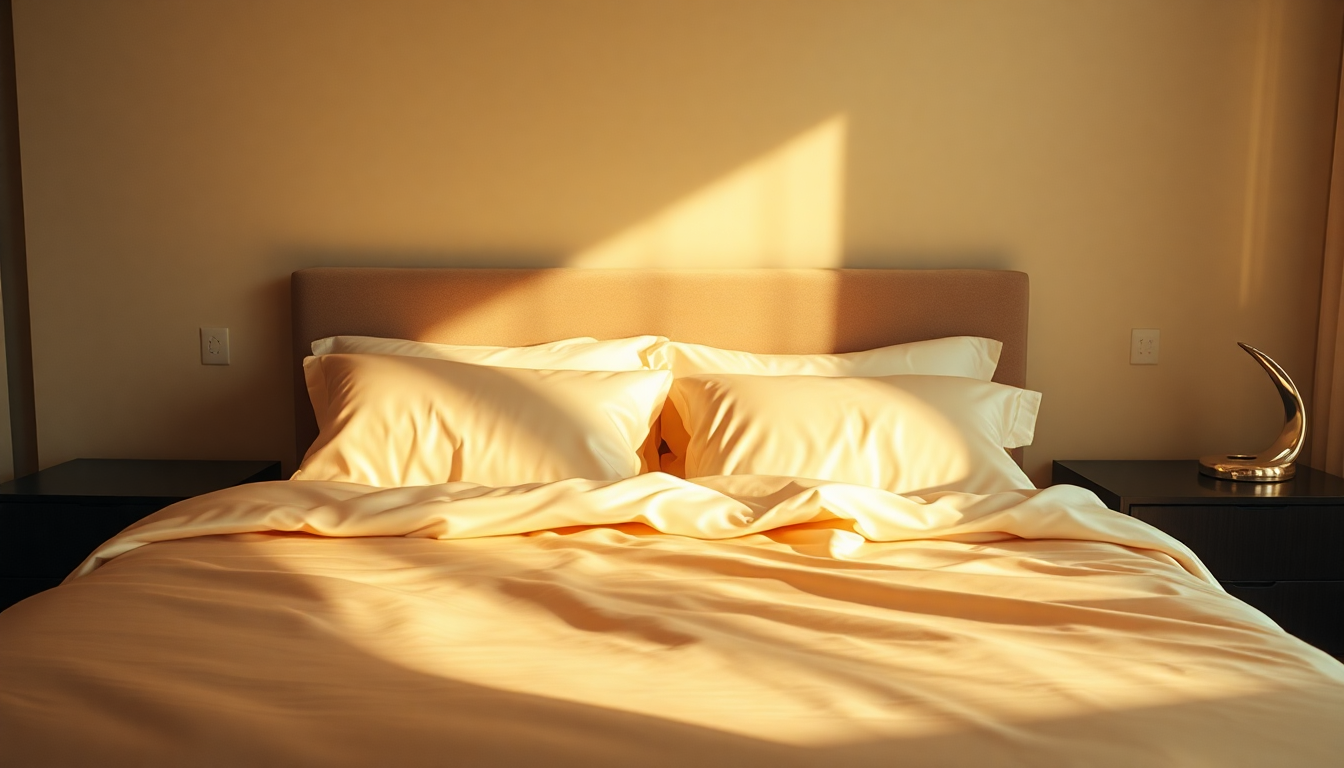
Resisting Sexual Desire: Understanding the Physical and Emotional Impact
Resisting sexual desire, especially when it's strong or persistent, can have both physical and emotional effects on your body, but it typically depends on the individual and the context. Here's a breakdown of possible effects:
Physical Tension
When you suppress sexual desire, your body can experience tension or frustration. You might feel tightness in your pelvic area, muscles, or even experience restlessness. This is because your body is essentially trying to resolve the built-up energy without releasing it.
Hormonal Fluctuations
Sexual arousal is connected to the release of hormones like dopamine and oxytocin. Resisting these urges might delay the release of these "feel-good" hormones, which can cause irritability or frustration. Over time, this can lead to mood swings or higher levels of stress.
Increased Focus or Energy
For some people, resisting sexual desire can lead to a heightened sense of focus or energy, especially if the urge is suppressed for a longer period. This is because the body redirects that energy elsewhere. In some cases, it may even help some individuals perform better in tasks or activities.
Stress and Anxiety
Continually suppressing sexual desires may lead to stress or anxiety, especially if you feel uncomfortable about the desires you're experiencing. This can cause physical symptoms like headaches, muscle tension, or even sleep disruptions.
Emotional Impact
Sexual desire is a natural and healthy part of being human. If you constantly resist or suppress it, it might lead to emotional issues such as frustration, guilt, or shame. These emotional responses can, in turn, affect your physical health and overall well-being.
Temporary Relief vs. Long-Term Suppression
In the short term, resisting sexual desire might give a sense of temporary relief or control, but in the long term, prolonged suppression can lead to the feeling of being disconnected from your body and your desires. This can affect your confidence, sexual health, and relationships.
A Healthy Approach:
If you feel that resisting sexual desire is creating more stress or discomfort, it might be helpful to explore ways to manage these urges in a healthy, self-aware way. Engaging in mindfulness techniques, finding a private space for self-pleasure, or having open conversations with a partner (if in a relationship) about desires and needs can help address the situation in a balanced manner.
Ultimately, the key is understanding and listening to your body, while finding ways to channel or express sexual desire that feel comfortable for you. If you're finding it difficult to manage, talking to a therapist or sexual health expert might offer guidance.








